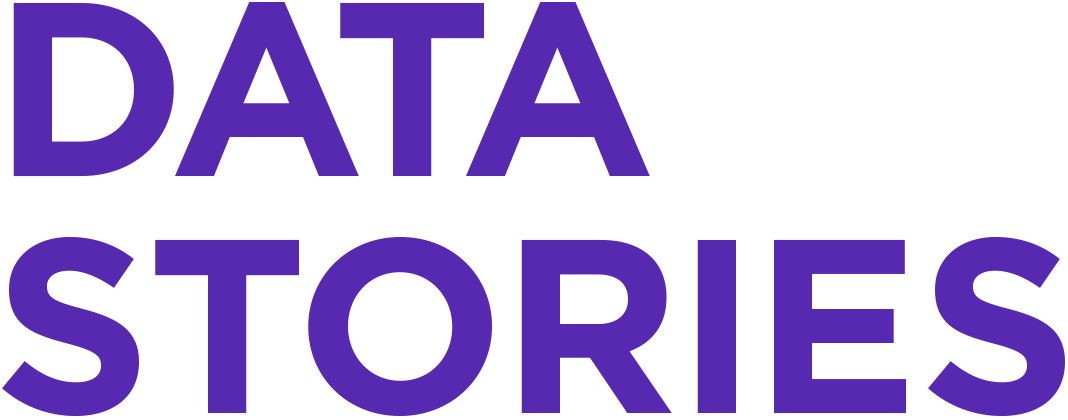It took us a while, but — here we go! A three part episode from IEEE VIS 2014.
Thanks again to Robert Kosara for coming on our show again to talk shop, and look back on a week full of really interesting scientific findings about data visualization. The list below should make great reading for the holidays 🙂
A big thanks also to our sponsor Tableau Software who continue to support us, which we are very grateful for.
Here are some of the links we discussed:
“Multivariate Network Exploration and Presentation: From Detail to Overview via Selections and Aggregations”
Domino: Extracting, Comparing, and Manipulating Subsets across Multiple Tabular Datasets
Revisiting Bertin matrices: New Interactions for Crafting Tabular Visualizations
iVisDesigner: Expressive Interactive Design of Information Visualizations
The Effects of Interactive Latency on Exploratory Visual Analysis
Error Bars Considered Harmful: Exploring Alternate Encodings for Mean and Error
Four Experiments on the Perception of Bar Charts
An Algebraic Process for Visualization Design
The Not-so-Staggering Effect of Staggered Animated Transitions on Visual Tracking
Perceptual Kernels
Data and source code:
https://GitHub.com/uwdata/perceptual-kernels
https://GitHub.com/uwdata/visual-embedding
Ranking Visualization of Correlation Using Weber’s Law
A Principled Way of Assessing Visualization Literacy
Let us know your thoughts! Which study did you find most interesting?

Hey guys,
As usual I have been enjoying listening to your podcast, and I hope you guys keep up the great work in a healhty 2015.
I was just wondering if any information of the workshop you held at VIS’14 is made available. In the podcast Moritz mentions “two boring hours of talking about tools and how to get visualizations onto the web”. It would be awesome for those who were not able to attend to have access to this slide or list somewhere, amongst other parts of your talk.
Other than that a big thank you for putting the podcasts together. I mostly enjoy the combination of scientific and practical that you offer together; always looking forward for the new podcast to come out (and “killing time” re-listening to previous sessions.
Cheers,
RJ (Calgary, Canada)
Thanks for the kind words! Always good to hear from our listeners 🙂
And yes, the slide deck can be found here:
https://dominikus.github.io/webvis-tutorial/www
(press right arrow to step through!)
Totally missed your reply, but “Vielen Dank!” Non-the-less